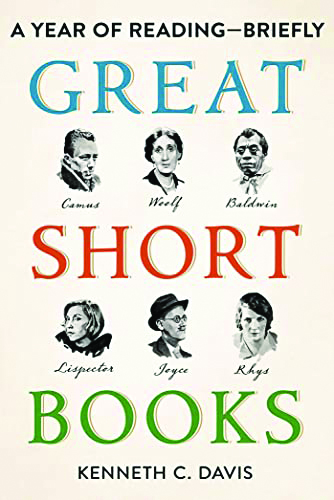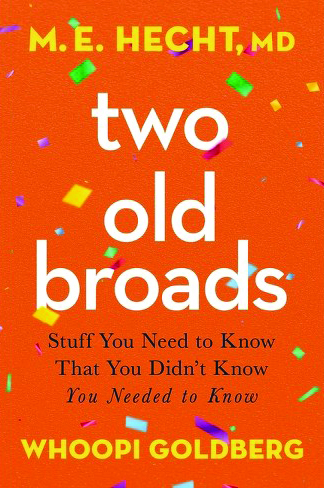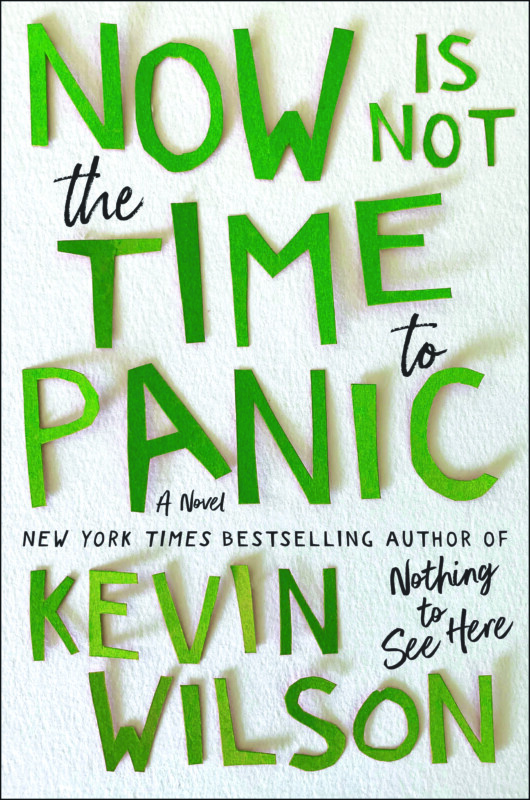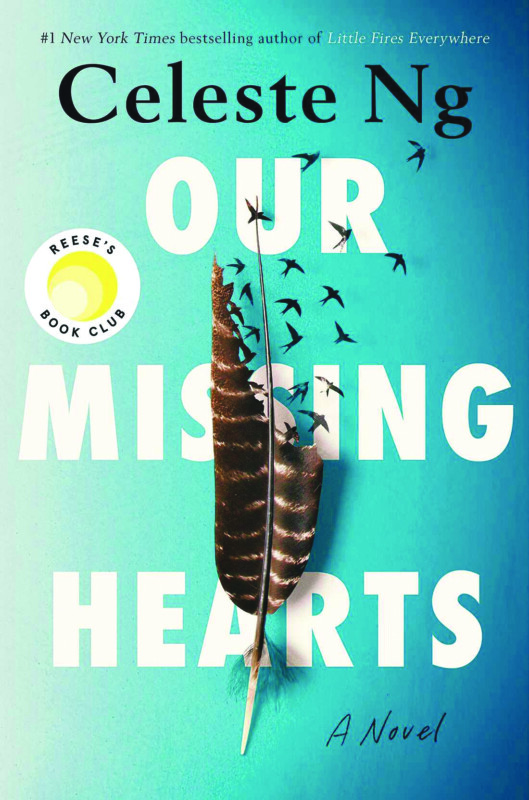Great Short Books: A Year of Reading — Briefly, by Kenneth C. Davis (Scribner, 448 pages)
In the early stages of the pandemic, Kenneth Davis grew tired of doomscrolling, but he wasn’t up for reading long books. As a compromise, he began to read a collection of tales set at the beginning of the Black Death in Florence, Italy, in the 14th century. It’s called Decameron, written by Giovanni Boccaccio, and its style is similar to Chaucer’s The Canterbury Tales in that a character tells a different story each day.
Davis set about reading one of the novellas each day, which took him a little more than three months. After that, he decided to move on to short novels. Great Short Books is the culmination of this pandemic experience; it is Davis’s ode to the short novel, which he likens to a first date: “It can be extremely pleasant, even exciting, and memorable. Ideally, you leave wanting more. It can lead to greater possibilities. But there is no long-term commitment,” he writes.
Of the short novels he has read during the pandemic, Davis selected 58 to highlight in hopes that more readers will come to appreciate short fiction. Great Short Books contains the work of both famous and obscure writers from around the world; what they have in common, he says, is that they can be read in “one to several sittings” and “with careful rationing” we can read one each week. (With that, Davis reveals himself to not have small children under his care.) Generally, this means these books are anywhere from 100 to 200 pages, with some exceptions.
They aren’t just books he stumbled upon; he got recommendations from friends, librarians and people who work in publishing, and took care to make sure that the list wasn’t all from “dead white guys.” But Davis says that there was one standard that was nonnegotiable: to be included, the book had to be a pleasure to read. “I had … pledged that I would not read out of duty,” he writes.
The resulting titles include the work of George Orwell, Ernest Hemingway, Virginia Woolf, Kate Chopin, Toni Morrison and F. Scott Fitzgerald, among other famous writers, as well as authors that would only be household names to people with multiple graduate degrees in literature. (Or maybe I’m just revealing my own ignorance by being unfamiliar with the work of Nadine Gordimer and Chinua Achebe.)
Each work gets its own chapter, set up with the opening sentences of the book. Perusing the openings of 58 lauded books is instructive in and of itself. (Some grab you at the start; others make you wonder why the eventual publisher even kept reading.)
From there, Davis composes his own CliffsNotes-type summary, promising no spoilers, then gives us a rundown on the author. He concludes each chapter with a bit of literary moralizing in a section called “Why you should read it,” and finishes with a summary of “What to read next.” For example, in the chapter on Orwell’s Animal Farm, he suggests we follow up with Nineteen Eighty-Four, Orwell’s three nonfiction books (Down and Out in Paris and London, The Road to Wigan Pier and Homage to Catalonia) as well as one of the author’s essays, “Politics and the English Language.”
For anyone who’s already a fan of Orwell, nee Eric Blair, there’s not much to be gained here; in fact, even Davis says that his advice to read or re-read Nineteen Eighty-Four is a “no-brainer.” But then again, this is not a highbrow book, nor does it pretend to be. Davis describes himself as the “common reader” that Virginia Woolf wrote about: “He is worse educated, and nature has not gifted him so generously” as a critic or scholar, she said. “He reads for his own pleasure rather than to impart knowledge or correct the opinions of others.”
Davis writes for people who find solace and camaraderie in books of all sorts, not necessarily those that win literary prizes. He advocates for reading outside of one’s comfort zone as a form of lifelong learning, no different from taking courses at a community college. And there’s no question that anyone who reads Great Short Books will come away with a list of a dozen or more on their “to-read” list. I’ve picked out a few just by virtue of their opening sentences. (July’s People by Nadine Gordimer and Another Brooklyn by Jacqueline Woodson.)
If there’s anything to quibble with here, it’s Davis’s argument that “Short novels are literature’s equivalent to the stand-up comedian Rodney Dangerfield’s signature line: they ‘get no respect.’” He says they “occupy the place of the neglected middle child of the literary world.” As an example, Davis says that critics dismissed Ian McEwan’s On Chesil Beach as too short (203 pages) to be a candidate for the Booker Prize in 2007. “So, a degree of critical prejudice — call it literary sizeism — exists against short fiction,” he concludes.
But does it really? Claire Keegan’s Small Things Like These (128 pages) was shortlisted for the Booker Prize this year and won the 2022 Orwell Prize for Political Fiction. One of the most beloved books of all time, A Christmas Carol by Charles Dickens, is only about 31,000 words, roughly a third of the size of a typical novel.
And many books in the canon presented here argue against the author’s own words. Was there critical prejudice against Charlotte’s Web? A Portrait of the Artist as a Young Man? And the book we all forget existed prior to the movie: Rita Hayworth and Shawshank Redemption by Stephen King?
That argument doesn’t hold up over centuries; in fact, with America’s famously shrinking attention span, it’s likely short books like these are our future. From the titles highlighted here, that’s not a bad thing. B+






